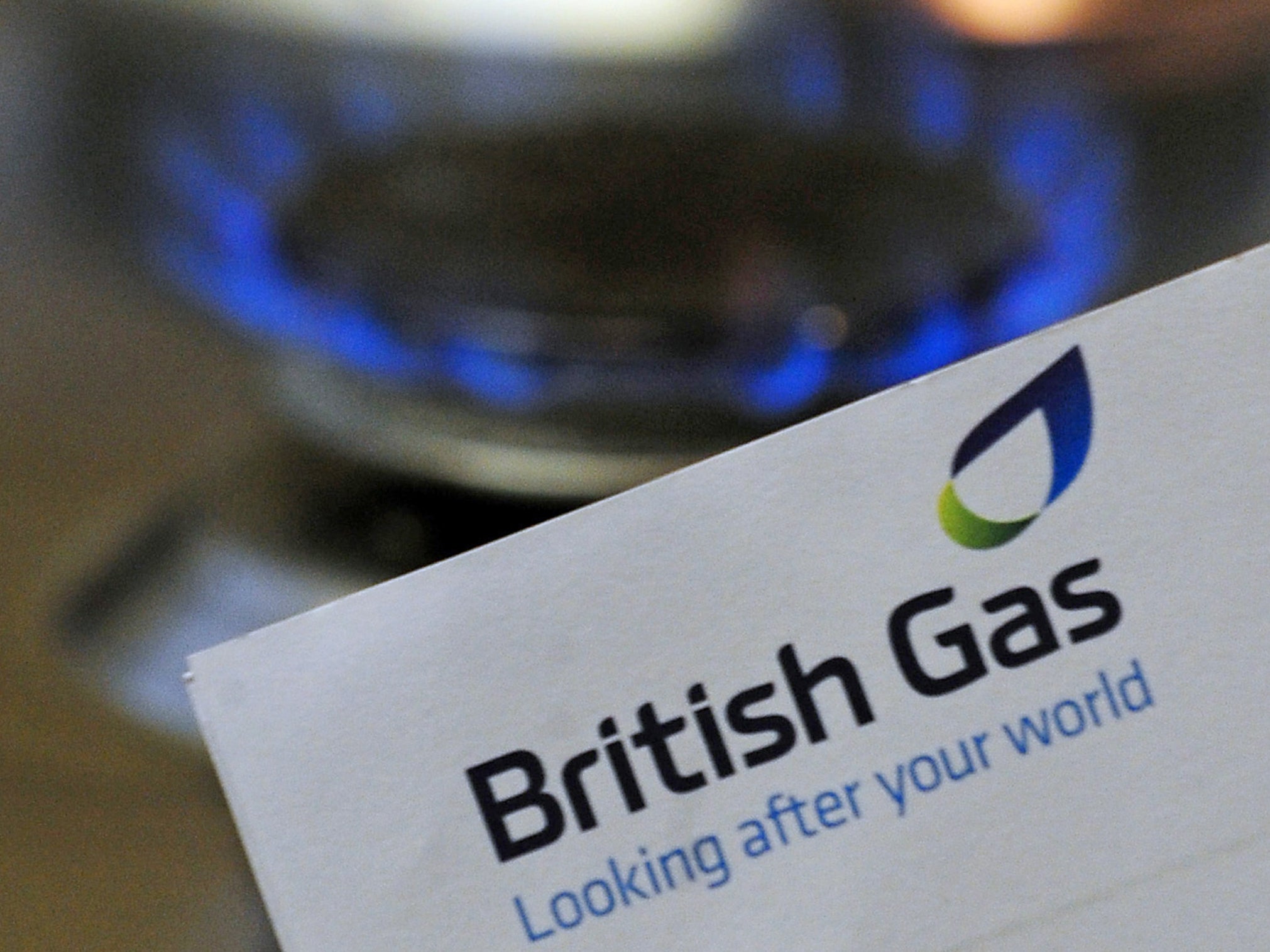Shareholders urged to vote against British Gas CEO's pay. Will they heed the call?
Company had a miserable 2018 but CEO Iain Conn received £2.4m last year compared to £1.7m in 2017. Earlier this week the High Pay Centre attacked big shareholders for failing to act on excessive boardroom pay

Is Centrica’s annual meeting going to provide another example of the failure of big institutional investors to act on excessive pay?
The owner of British Gas is coming off a thoroughly miserable year. It angered consumers by imposing price increases, issued a profit warning, and announced thousands of job cuts. The performance of the shares, meanwhile, was miserable.
Despite all this, CEO Iain Conn saw his overall packaging rising to £2.4m from £1.7m thanks to bonuses, including an annual award and a payout from the long term incentive plan the company gave him.
Needless to say, the rise has come in for considerable criticism. The latest to take a shot at it is Pirc, the voting adviser, which has urged shareholders to vote down the remuneration report at the forthcoming AGM.
“The change in CEO total pay over five years is not commensurate with the change in TSR (total shareholder return) over the same period. Awards granted during the year under review were excessive at 250 per cent of salary,” it said in a report.
Just so. Quite how such a package can be seen as in any way in shareholders’ interests when shareholders' interests in the company have so obviously been declining in value is beyond me.
Pirc’s intervention is worth of note because it comes just a day after the High Pay Commission sharply criticised Britain’s institutional investors for failing to curb excessive executive pay.
It took a look at the rules that gave shareholders a veto on companies’ pay policy but failed to find an incidence of them actually using their power at a FTSE 100 company.
Of 700 pay related resolutions in total, only 11 per cent attracted “significant” levels of dissent among 20 per cent or more of shareholders. Meanwhile, the median (most common) level of CEO pay in the FTSE reached £3.9m in 2017, 137 times that of the typical UK worker. Now you know why.
The point about institutions is that they act as a proxy for you and me. They invest our ISA and pension money for us, and they make good money though doing so.
We are entitled to expect them to act in our interests when it comes to issues such as CEO pay. It’s our money after all. But the Centre’s research shows they are not doing that.
The vote on the remuneration report investors will get at Centrica’s AGM is advisory only. However, if fund managers aren’t prepared to vote against it on our behalf it’s fair to ask in what circumstances they would be prepared to act.
Another failure on their part will further expose the tepid nature of the government’s reforms to corporate governance. It has sought to address the issue of excessive executive pay by giving shareholders more clout. Their refusal to use it clearly demonstrates that a change in approach is required.
Join our commenting forum
Join thought-provoking conversations, follow other Independent readers and see their replies
Comments
Bookmark popover
Removed from bookmarks